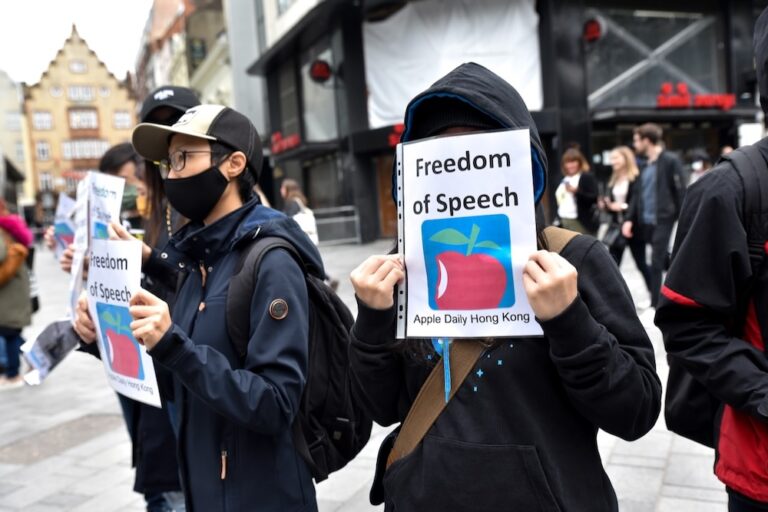As key stakeholders from government, industry and civil society come together at the Internet Governance Forum in Azerbaijan from 6-9 November, Index on Censorship sets out some of the key challenges to free expression online, and the red lines and issues that must be defended and promoted at the IGF - and elsewhere.
(Index on Censorship/IFEX) – 2 Nov 2012 – As Index launches a policy note ahead of the Internet Governance Forum, editorial researcher Marta Cooper asks if can we keep the internet free:
This year’s Internet Governance Forum, to be held in Azerbaijan from 6-9 November, comes at a key moment in the battle between those who want to keep the internet free and those who do not.
The United Nations’s flagship forum for discussing internet governance, the IGF will be a primer for the crucial World Conference on International Telecommunications (WCIT) taking place a month later in Dubai. WCIT could fundamentally alter the structure and global reach of the internet as some countries seek to wrench control of the net away from the United States and centralise it through new UN controls.
Exactly how the internet should be governed as it continues to grow is contentious. The current multi-stakeholder, bottom-up model of internet governance is not without its problems: A large part of the world’s population feels excluded from internet policy making.
The internet is facing multiple threats: Censorship enacted by states and corporations through filters, firewalls and takedown requests. As private companies expand internationally they face the challenge of respecting both fundamental human rights and the law of the land, as demonstrated Twitter’s recent decision to block the account of a German far-right group. Such companies also play a leading role in delineating the boundaries of “acceptable” speech through their own terms of service and policies.
The thorny issues do not stop there: Mass monitoring and surveillance of citizens’ use of digital communications endanger fundamental human rights, and Western companies’ role in exporting surveillance technology to authoritarian states continues apace. And both democratic and authoritarian states are ever more willing to criminalise speech online – be it tweets by activists in Bahrain or offensive jokes posted on Facebook in the UK.
Index sets out these challenges in its policy paper below. We will be in Baku for the IGF; our head of advocacy Mike Harris will be chairing a debate on censorship enacted by private companies, and our CEO Kirsty Hughes will be taking part in a panel on security and privacy. To follow the forum on Twitter, use the hashtag #IGF12.


